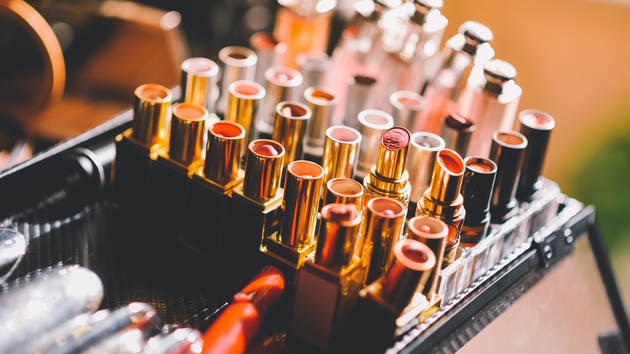
Photo/Shetuwang
Mar 25 (NBD) – Lisa Cheung, a sophomore student in Beijing, follows over 20 official accounts of cosmetics brands on WeChat. Like tens of thousands of users, when brands like L'Oréal, Kiehl's and Clinique start a products trial on WeChat, Lisa would apply for a sample.
"You need to pay delivery fees (about 2 U.S. dollars) for some of these samples, but it is worthwhile since you can use the products of prestigious brands. In fact, a sample can last quite a long time," said Lisa.
Lisa started buying samples of beauty products in high school, and she says she probably has an addiction of collecting these samples. She has a large box to store her numerous samples, which she got for testing before buying a full product, or simply because she didn't want to miss the chance.
Samples have been bridges that connect many consumers to cosmetics brands for the first time. As the most frequently used marketing tools besides advertisements, giving out samples has been an old but effective practice.
Another source of samples is from the counters in shopping malls. Many brands give out trial products after a promotion campaign or a purchase.
Miranda Mung received a 1.5-ml perfume sample at a Chanel counter. Before having it, Miranda filled in a questionnaire on Chanel's WeChat account to test what kind of perfume suits her.
Apart from promotion, samples serve as an important tool for surveying the market and collecting feedbacks. Based on the applications, usage and feedbacks, brands can adjust their strategies of marketing and offline distribution before large-scale promotion, in a bid to attain the largest number of potential consumers at the beginning.
Unlike luxury brands like Louis Vuitton and Prada that tell fancy stories to attract consumers, cosmetics brands count on the effects of their products. This is the reason behind the popularity of many bloggers who showcase unboxing and trial of beauty products, as well as the huge sales volume on the online shops of brands.
According to a report released last year by consulting firm NPD Group, skincare and cosmetic samples have grown into a large-scale market in the U.S., registering a record 12-percent growth in 2018 that pushed the sales volume to 1.2 billion U.S. dollars.
However, the competition is getting fiercer, and brands can no longer expect to win consumers by simply giving out samples. The package of gift boxes, the novelty of sample selection, and the suitability to consumers' preferences are becoming important criteria.
Email: limenglin@nbd.com.cn


 川公网安备 51019002001991号
川公网安备 51019002001991号





